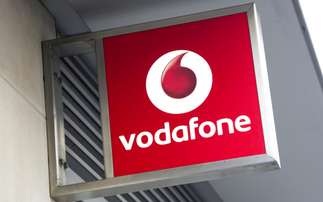Professor William Webb claims users won't pay for 5G and mobile operators can't afford it
5G is fundamentally flawed because the technology will struggle to deliver on the extravagant claims that have been made for it, and users won't pay for the capacity, even if it does. Furthermo...
To continue reading this article...
Join Computing
- Unlimited access to real-time news, analysis and opinion from the technology industry
- Receive important and breaking news in our daily newsletter
- Be the first to hear about our events and awards programmes
- Join live member only interviews with IT leaders at the ‘IT Lounge’; your chance to ask your burning tech questions and have them answered
- Access to the Computing Delta hub providing market intelligence and research
- Receive our members-only newsletter with exclusive opinion pieces from senior IT Leaders



















